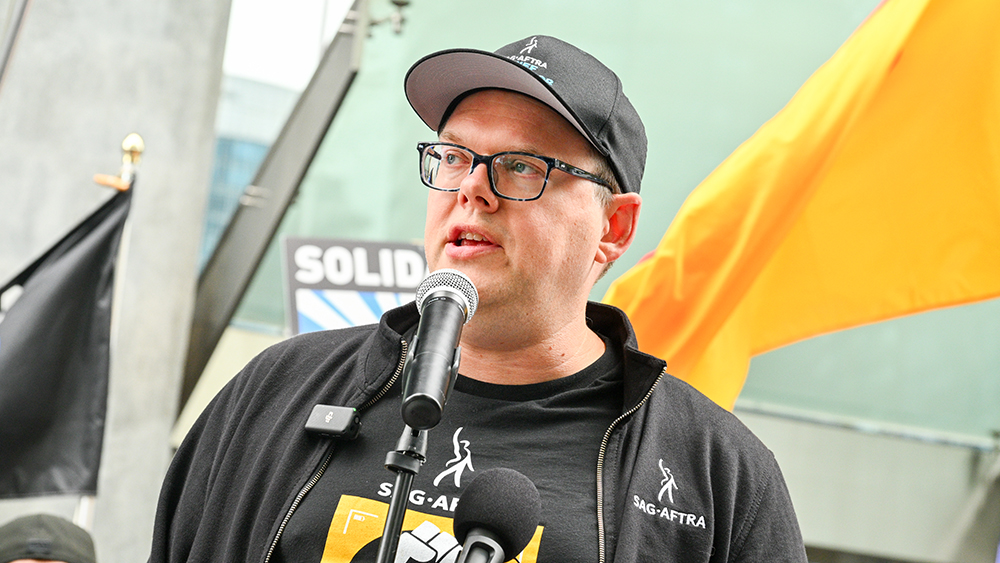Issues surrounding the use of AI in the production process are a major sticking point in negotiations between SAG-AFTRA and the biggest video game companies, SAG-AFTRA Director Duncan Crabtree-Ireland said Saturday. The announcement was made during an extensive Q&A session at SXSW in Austin, Texas.
Crabtree Ireland, national executive director and chief negotiator for the performers' union, said there was a “50-50 chance that members would go on strike against major gaming companies, or within the next four years. It's more likely.” It's going to take up to six weeks because we can't get past these issues,” Crabtree-Ireland told Fast Company Editor-in-Chief Brendan Vaughan in a conversation focused on AI.
In September, approximately 98% of SAG-AFTRA members approved a strike against major video game production companies, including Activision (now part of Microsoft), Electronic Arts, Epic Games, Take Two, and WB Games. I voted.
Union leaders say there are strong opinions and divisions among SAG-AFTRA's more than 160,000 members on how to address threats to human performers from emerging AI and generative AI tools. admitted. Some called on unions to completely ban the use of AI in works under their jurisdiction. Crabtree-Ireland said he knows it's not a starter.
“Just as no union in history has been able to block technology, we would not have succeeded,” he said. “Unions that try that approach will fail and give up the opportunity to influence how those technologies are implemented. “The fact of the matter is, we will be deploying AI.”
Crabtree Ireland reiterated that the union's position on AI revolves around “consent and compensation” to members when AI engines use copyrighted material. “We want to make sure the implementation is human-centered and focused on scaling. [of production]“It’s not a replacement for people,” he said.
The AI clause established last year in SAG-AFTRA's hotly contested film and television contract will help set the template for video game contracts. But games also have unique challenges in terms of how content evolves over time.
According to Crabtree Ireland, Hollywood's biggest studios wanted to postpone any issues surrounding AI regulation until at least 2026, when master contract negotiations were being negotiated. “They thought they could get through this cycle without a substantive agreement on AI,” he says.
Negotiators at the Alliance of Motion Picture and Television Producers were surprised when SAG-AFTRA brought a detailed AI proposal to the negotiating table on June 27. SAG-AFTRA began his work stoppage by July 14th, and that period was extended until November 8th. Union leaders noted that video game producers should not underestimate their members' level of concern about AI and their determination to strike if necessary.
“We don't want to go on strike,” Crabtree-Ireland said. “But we will not do business with these companies that do not protect their members from abusive and exploitative uses of AI.”
Regarding film and television production, Crabtree Ireland said it is focused on finding productive uses for technology that do not threaten jobs. He sees major studios now focusing on “streamlining the production process using replication, rather than using full compositing to replace performers.” “Our main focus is [any] Reproduction is done with informed consent and fair compensation. ”


